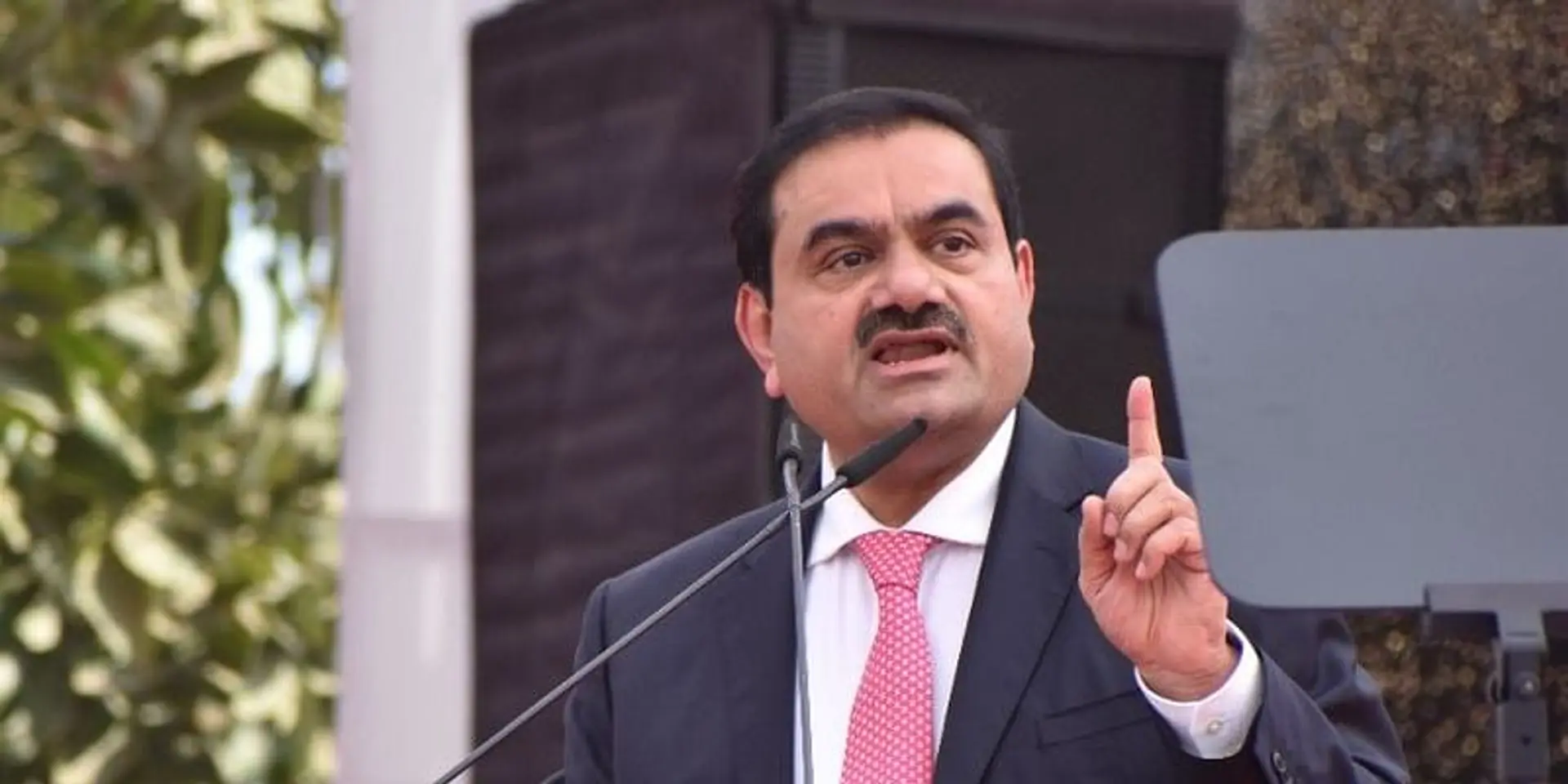Fraud cannot be obfuscated by nationalism: Hindenburg on Adani "loot"
Adani Group has likened the damning allegations levied by Hindenburg to a "calculated attack" on India, its institutions, and growth story, saying the allegations are "nothing but a lie".
US short seller Hindenburg Research has rejected Adani Group's charge that its report was an attack on India, saying a "fraud" cannot be obfuscated by nationalism or a bloated response that ignored response to key allegations.
Commenting on the 413-page response Adani Group released late on Sunday evening in response to its report, Hindenburg said it believed India was a vibrant democracy and an emerging superpower with an exciting future, and it was Adani Group which was holding it back through "systematic loot".
Hindenburg stood by its last week's report that said its two-year investigation found Adani Group "engaged in a brazen stock manipulation and accounting fraud scheme over the course of decades".
Hindenburg said the response by the conglomerate run by Asia's richest man Gautam Adani "opened with the sensationalistic claim that we are the 'Madoffs of Manhattan'."
Adani also claimed we have committed a "flagrant breach of applicable securities and foreign exchange laws."
"Despite Adani's failure to identify any such laws, this is another serious accusation that we categorically deny," it said.
Adani Group had on Sunday evening likened the damning allegations levied by Hindenburg to a "calculated attack" on India, its institutions, and growth story, saying the allegations are "nothing but a lie".
It said the report was driven by "an ulterior motive" to "create a false market" to allow the US firm make financial gains by dragging stock prices down. The document is "a malicious combination of selective misinformation and concealed facts relating to baseless and discredited allegations to drive an ulterior motive."
"This is rife with conflict of interest and intended only to create a false market in securities to enable Hindenburg, an admitted short seller, to book massive financial gain through wrongful means at the cost of countless investors," it had said questioning the credibility and ethics of Hindenburg.
Hindenburg responded saying Adani Group "predictably tried to lead the focus away from substantive issues and instead stoked a nationalist narrative."
"Adani Group has attempted to conflate its meteoric rise and the wealth of its Chairman, Gautam Adani, with the success of India itself," it said.
"We disagree. To be clear, we believe India is a vibrant democracy and an emerging superpower with an exciting future. We also believe India's future is being held back by Adani Group, which has draped itself in the Indian flag while systematically looting the nation."
Stating that a "fraud is fraud even when it's perpetrated by one of the wealthiest individuals in the world," it said Adani's '413-page' response only included about 30 pages focused on issues related to the report.
"The remainder of the response consisted of 330 pages of court records, along with 53 pages of high-level financials, general information, and details on irrelevant corporate initiatives, such as how it encourages female entrepreneurship and the production of safe vegetables," it said.
"Our report asked 88 specific questions of Adani Group. In its response, Adani failed to specifically answer 62 of them. Instead, it mainly grouped questions together in categories and provided generalised deflections." It thereafter went on to reiterate its allegations and how Adani Group has failed to respond to them.
The report by the tiny New York firm that specialises in short selling led to Adani Group losing more than $50 billion in market value in just two trading sessions last week and Adani himself losing in excess of $20 billion, or about one-fifth of his total fortune.
In the report, Hindenburg called out the conglomerate's "substantial debt", which includes pledging shares for loans; that Adani's brother Vinod "manages a vast labyrinth of offshore shell entities" that move billions into group companies without required disclosure; and that its auditor "hardly seems capable of complex audit work".
Edited by Megha Reddy








